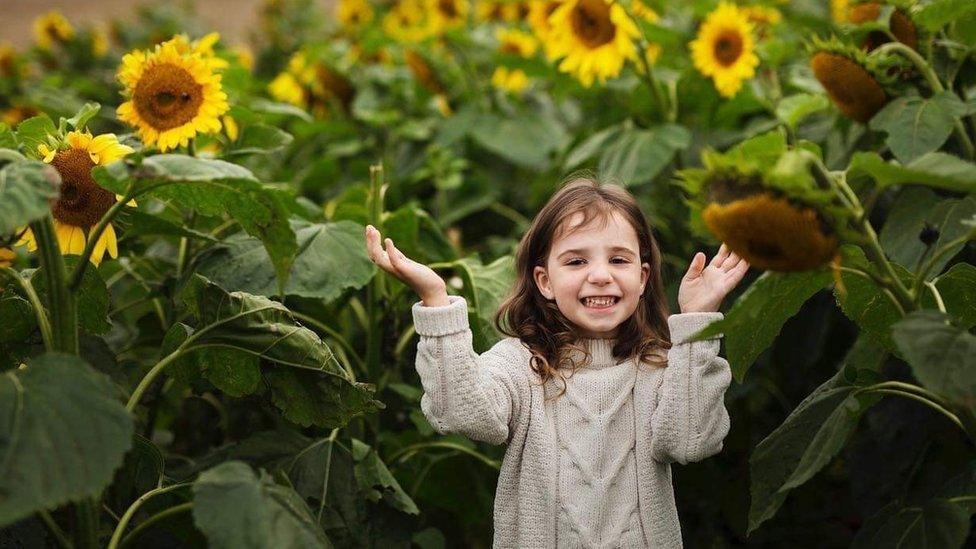Child therapist raises awareness of selective mutism
- Published
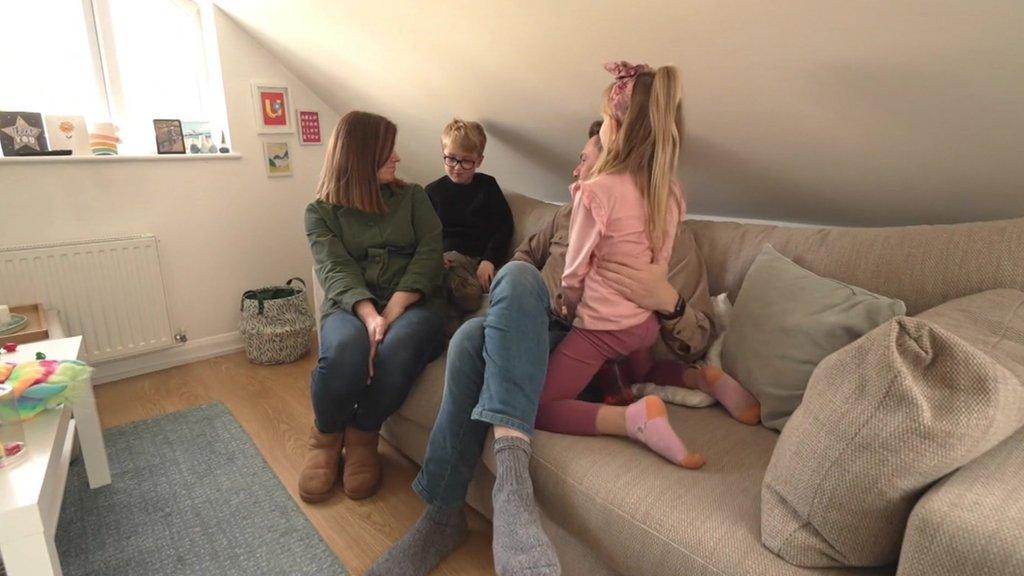
Nursery staff told Charlie's parents they had never heard him talk
A child therapist in the south of England is calling for more understanding of selective mutism, external and its wider impacts.
Lucy Nathanson is a specialist on selective mutism and is on a mission to raise awareness of the issue.
The condition affects one in every 140 children.
Ms Nathanson said that it could be overcome and children needed help "to do that tiny little step more than they could in the past".
Selective mutism is an anxiety condition where a person is unable to speak in certain social situations, such as at school.
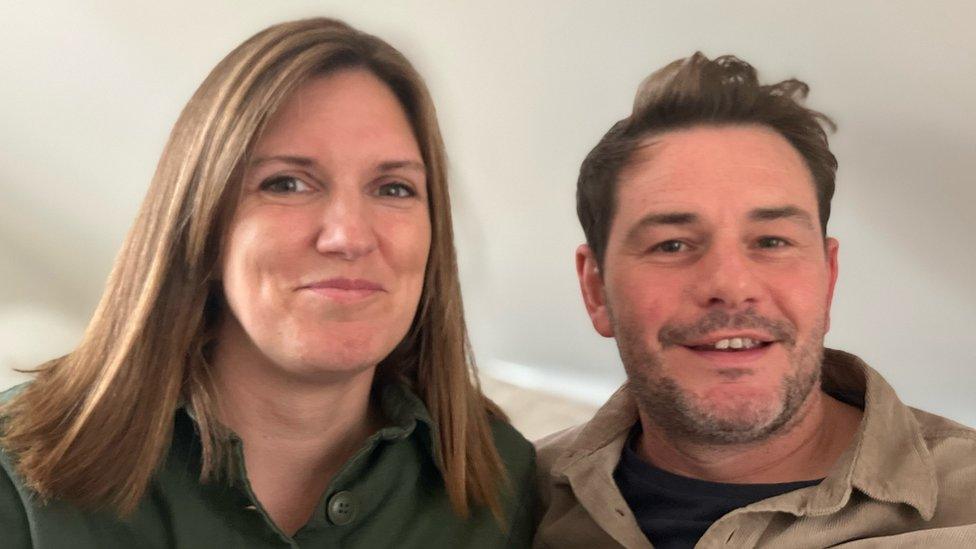
Laura and Andy's son struggles to speak at school
Laura and Andy, who live in Aylesbury, Buckinghamshire, are parents to seven-year-old Charlie who has selective mutism, and his younger sister who does not.
The couple first realised when a staff member at Charlie's nursery told them she had never heard him talk.
Andy described it as "quite alarming".
"You don't necessarily want to believe it at first, but the more we found out, it was literally describing Charlie," he said.
The couple said it had been "a stark contrast" to the child they knew at home.
Laura said: "Growing up, Charlie was very happy. He met all his milestones when he should have done.
"My initial thought was that he was just shy and that he would just grow out of it."
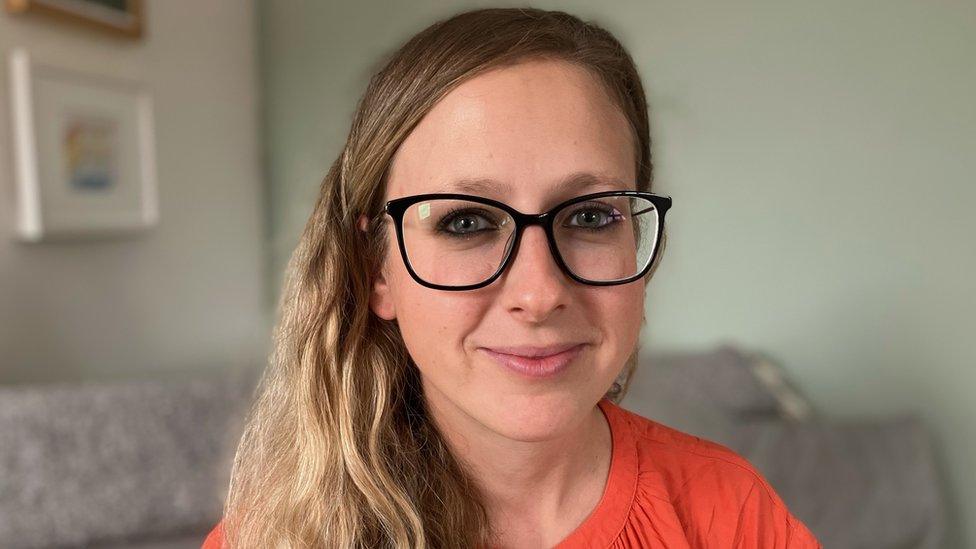
Lucy Nathanson says affected children are "not choosing not to talk"
Ms Nathanson said selective mutism was like experiencing a fight, flight, freeze response when being faced with a phobia.
She said: "Children with selective mutism, when they're faced with the expectation to talk in a situation that they know they're unable to talk in, they experience the freeze part."
But Ms Nathanson explained that "these children are not choosing not to talk".
"It's massive misconception that children are being stubborn and that's not true," she said.
Andy said Charlie was "more aware" of the condition now.
"We asked him, 'how does it feel to have selective mutism?' and he says he feels lonely and he feels left out.
"It's hard not to think about what the future holds for him because it's such a given that everybody's expected to speak."
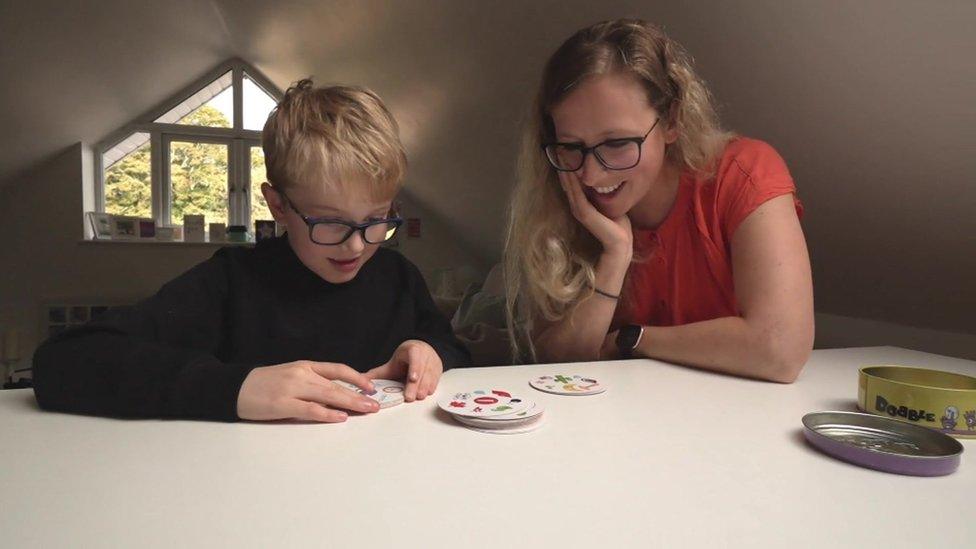
Ms Nathanson said children "can overcome selective mutism"

Follow BBC South on Facebook, external, X, external, or Instagram, external. Send your story ideas to south.newsonline@bbc.co.uk.
Related topics
- Published24 September 2022
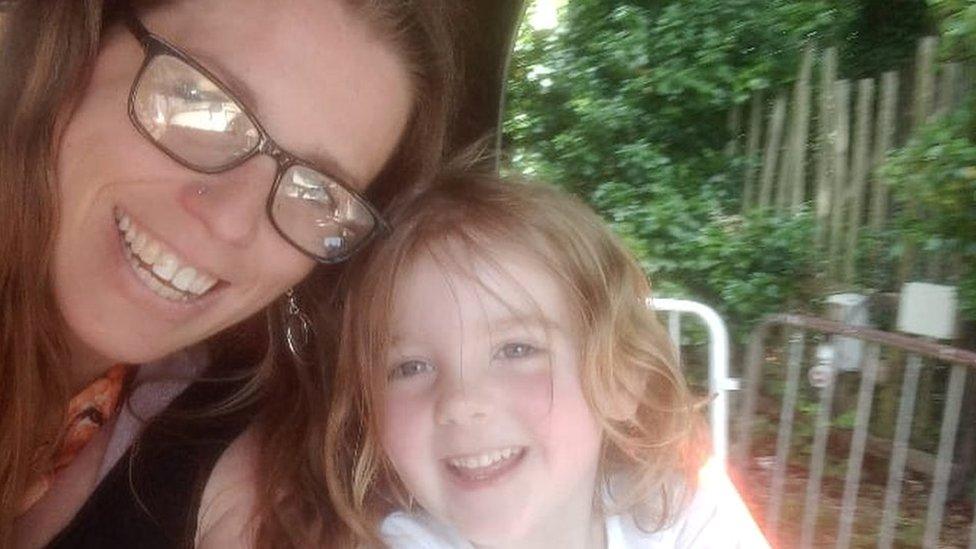
- Published30 October 2020
